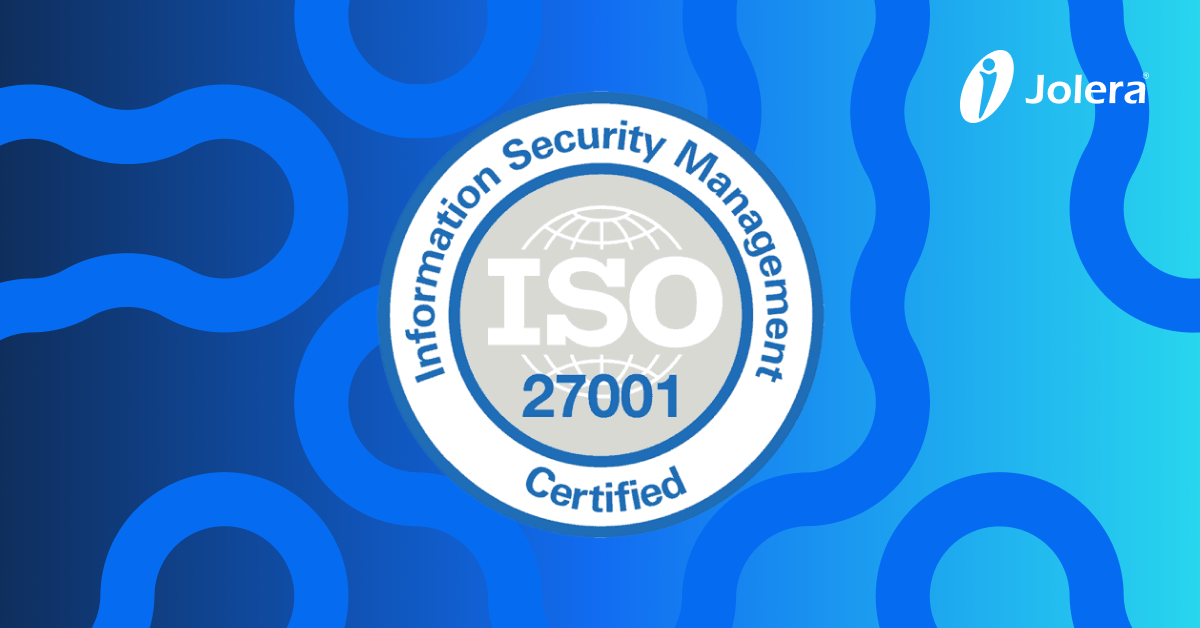Many companies are using internet devices as part of their daily operations. But as with everything connected to the internet, there are privacy and security risks that need to be taken into consideration. The average cost of a data breach in Canada is $6.11 million. When it comes to protecting devices, using a virtual private network (VPN) and endpoint protection can make a big difference.

Endpoint Protection for Internet Security
Source: Payments Cards & Mobile
What is a VPN?
VPNs are secure tunnels that encrypt and protect your internet connections across public and private networks. For corporate users, VPNs allow remote employees to connect to their workplace networks.
VPNs are easy to use. It’s as simple as launching an app and logging in to connect to the VPN server. Some firewalls, like our Secure IT – Firewall, can include VPN capabilities.
How Do VPNs Protect Me?
Protect your connection: Without a VPN, your internet connection remains open and insecure. This can be especially dangerous for those using public WiFi networks, where most hotspots are not secured. Using a VPN will reduce your risk of having your data stolen or being attacked. Even if cyber criminals intercept your data, they won’t be able to access it easily because it’s encrypted.
Protect your privacy: When you access a website online, your internet service provider receives the requests and directs you to the web page. When this happens, your computer transmits data such as your IP address and your browsing history. This information can be transferred to advertisers or bad actors who can gain information about your internet behaviour and where you are located. With a VPN, your data is encrypted before you are connected to the desired web page. As a result, your data is protected from prying eyes.
Protect your productivity: Using a VPN will help your employees feel more secure and help your clients feel more confident when keeping their data. As mentioned earlier, employees traveling or working remotely can still have access to the workplace network via VPN. This makes it easier for employees to continue their work without interruptions even if they’re out of office.
What is Endpoint Protection?
Endpoint security typically consists of using security software, such as anti virus and desktop firewalls, to secure devices and servers accessing the enterprise network. Managed endpoint security, like our Secure IT – Endpoint, also includes security experts that monitor for and respond to threats within your endpoints.
How Does Endpoint Security Protect Me?
Protect your devices: Every device or server you use to connect to the internet is an endpoint. Endpoints also serve as entry points that are targeted by bad actors trying to access your network. With endpoint security, your devices are protected even when you’re not connected to the internet.
Protect your data: Without the added layers of endpoint security, your endpoints remain vulnerable to threats and bad actors. Endpoints help block access attempts to help hack your data. Furthermore, some endpoint security solutions include data loss prevention to protect sensitive files from leaving your environment.
Protect against threats: Endpoint protection features many security capabilities in one suite. These security technologies help secure it against a wide variety of threats. For example, our Secure IT – Endpoint features SIEM integration that uses behavioural analytics to determine if a threat is taking place at your endpoints. These added features layer more security within your endpoints to protect against sophisticated malware and zero-day threats.




